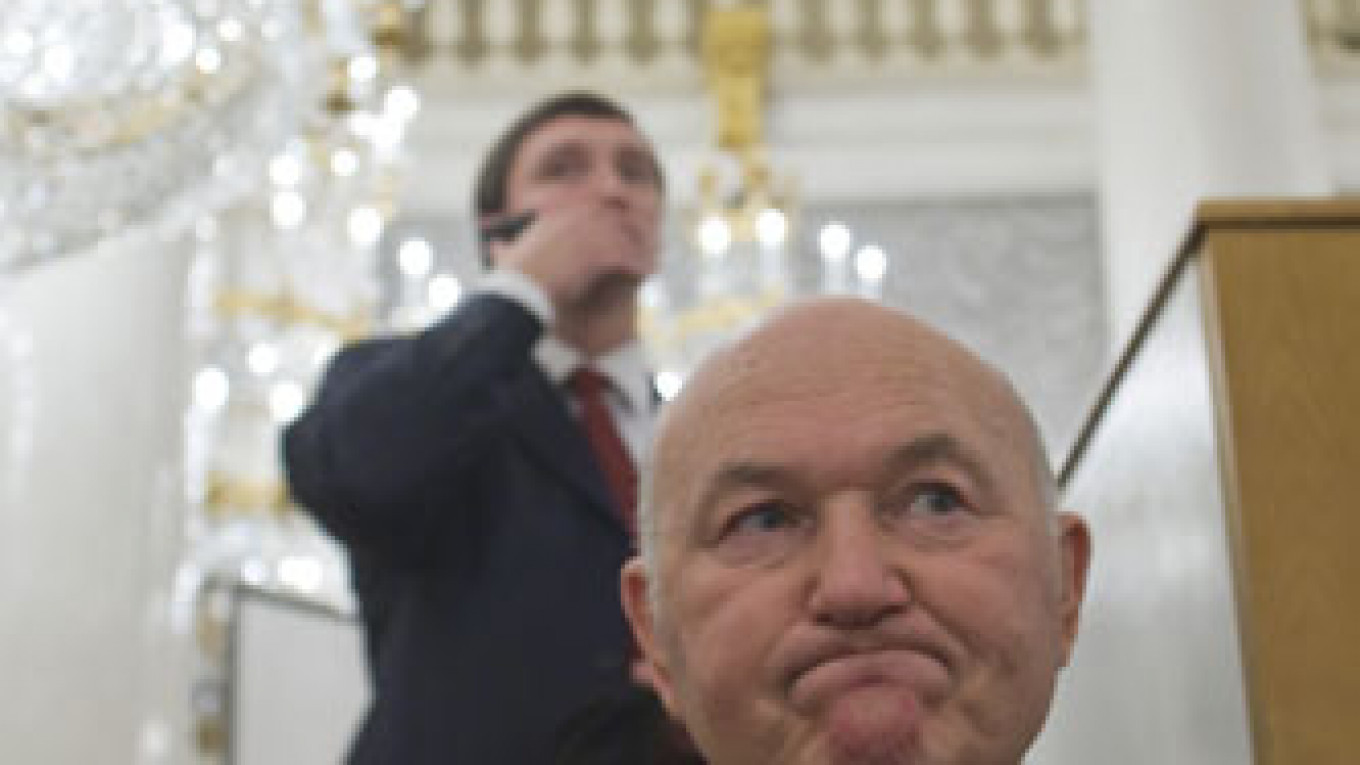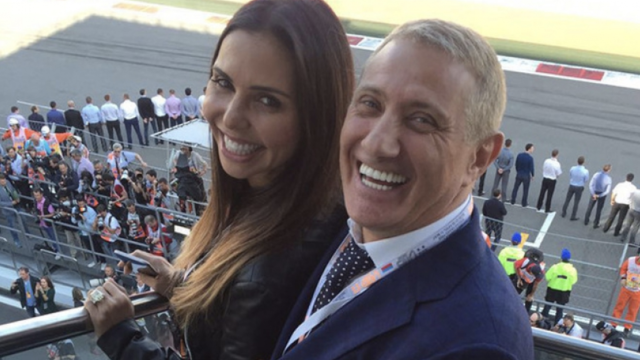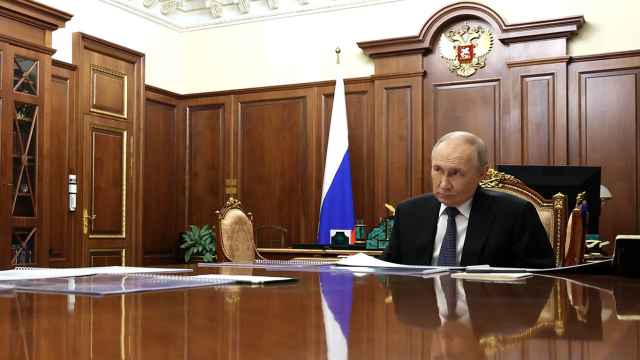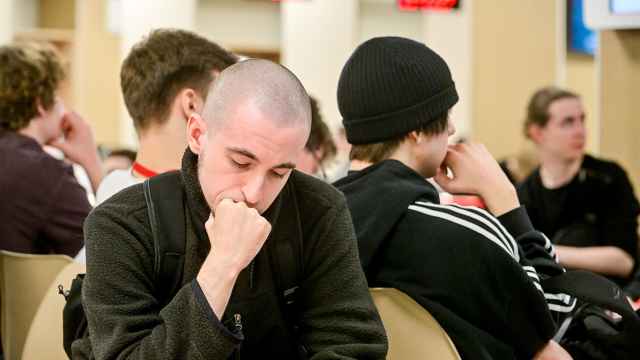Russia's top investigator accused a Moscow deputy mayor of fleeing the country to evade corruption allegations, a claim that analysts said put new pressure on Mayor Yury Luzhkov, the last long-serving regional leader.
Investigative Committee head Alexander Bastrykin accused Deputy Mayor Alexander Ryabinin of leaving the country amid an inquiry into allegations that he pressured a Moscow businessman into handing over a retail property to his own daughter.
"The suspect has managed to leave the country safely," Bastrykin said in an interview published in Rossiiskaya Gazeta on Tuesday.
Ryabinin called Interfax later in the day to say he had not left the country and was vacationing near the village of Bestuzhevo in the Arkhangelsk region. He said he would obtain a letter from the district where he was staying to confirm that he had been there on vacation since Aug. 27. "I will present this letter to the Investigative Committee when I return to Moscow," he said.
He said he had also called the Investigative Committee to notify it of his whereabouts, adding that he had first heard on Radio Mayak late Monday that he had left the country.
Luzhkov's allies in City Hall defended Ryabinin and said investigators knew he was vacationing in Russia.
Andrei Kupriyanov, first deputy head of the city's control committee, said Ryabinin had called him late Monday and the Investigative Committee early Tuesday to say he was in the Arkhangelsk region.
An unidentified City Hall official told Interfax that Luzhkov on Aug. 17 authorized Ryabinin to go on vacation from Sept. 6 to 10. The dates could not be immediately reconciled with Ryabinin's statement that he had been on vacation since Aug. 27.
Another City Hall official scolded Bastrykin for "leading many mass media to believe beyond a doubt that Ryabinin has fled Russia to escape prosecution," Interfax reported.
City police chief Vladimir Kolokoltsev confirmed that his department was investigating Ryabinin after the Investigative Committee reopened the corruption case in May, but refused to comment on it until it was wrapped up.
Bastrykin's comments fueled speculation that the Kremlin was trying to pressure Luzhkov into resigning before his term expires in 2011.
President Dmitry Medvedev — apparently taking aim at Luzhkov and other powerful, veteran governors — said late last year that he would not allow governors to stay in office more than three terms.
Luzhkov, who holds the title of mayor and governor, is the last long-serving leader after Kalmykia President Kirsan Ilyumzhinov said Monday that he would step down next month after heading the Buddhist republic for 17 years.
Changing mayors now would be more advantageous than next year because the new mayor then would have more time to obtain support for the ruling United Russia party in the 2011 State Duma elections and for whomever the ruling elite backs in the 2012 presidential vote, said Alexei Mukhin, an analyst with the Center for Political Information.
Luzhkov has repeatedly said he has no plans to step down early.
Luzhkov might have attempted to curry favor with Prime Minister Vladimir Putin by supporting Putin's disputed decision to build a new highway through the Khimki forest north of Moscow earlier this week and awarding Putin's deputy Igor Sechin with a medal "For Service to Moscow" on Tuesday, Mukhin said.
"He is apparently hoping that this will save him from dismissal," Mukhin said.
City Hall said in a statement that the award recognized Sechin's “huge input in the capital's socio-economic development."
Luzhkov, 73, has been hit by a string of scandals over the past year, including several that analysts said were probably orchestrated by the federal government.
The Interior Ministry said in late July that it suspected City Hall's education department of fraud. In October, Interior Ministry investigators conducted searches in City Hall's housing department in a fraud case.
In August 2009, the head of City Hall's Advertising Committee, Vladimir Makarov, was charged with abuse of office and placed in detention for several weeks. The case against him is ongoing.
In June 2009, law enforcement officials used smuggling charges to close Europe's largest retail market, Cherkizovsky, controlled by businessman Telman Ismailov, who is believed to be close to Luzhkov.
A Message from The Moscow Times:
Dear readers,
We are facing unprecedented challenges. Russia's Prosecutor General's Office has designated The Moscow Times as an "undesirable" organization, criminalizing our work and putting our staff at risk of prosecution. This follows our earlier unjust labeling as a "foreign agent."
These actions are direct attempts to silence independent journalism in Russia. The authorities claim our work "discredits the decisions of the Russian leadership." We see things differently: we strive to provide accurate, unbiased reporting on Russia.
We, the journalists of The Moscow Times, refuse to be silenced. But to continue our work, we need your help.
Your support, no matter how small, makes a world of difference. If you can, please support us monthly starting from just $2. It's quick to set up, and every contribution makes a significant impact.
By supporting The Moscow Times, you're defending open, independent journalism in the face of repression. Thank you for standing with us.
Remind me later.






